
Thomas R. Dash in Women’s Wear Daily:
Not all the brilliance at the Metropolitan Opera opening last night was in the flashing jewels of the fashionables who make this is occasion to sparkle. To a plebian impervious to bejeweled tiaras, there was even greater brilliance on the stage and in the pit.
Here, competing with the bedlam of the lorgnette set, the Metropolitan presented a new production of Gounod’s immortal “Faust.” With the youthful and imaginative British stage director Peter Brook restaging the work in the romantic 19th Century era instead of the mustier 16th Century, with Rolf Gerard furnishing stage décor to fit the new period setting, with the singers rendering the famed arias in matchless style, and with Pierre Monteux casting a magic spell with his baton, it was indeed an occasion to delight the musical devotees.
From the viewpoint of showmanship and stagecraft this is a “Faust” of many moods and many facets. It is gay and merry in the scenes of revelry, romantic in the interludes of lovemaking, bitterly mocking and sardonic when Mephisto plots his diabolical schemes, martial when the soldiers return from the wars, sacred when the invocation of the Heavenly Power makes the Prince of Darkness quail and cringe, At all times it is capital lyric theatre – vital, dynamic, pulsing with the varied emotions enkindled. Rudolf Bing’s faith in Peter Brook should yield artistic dividends.
Gerard’s settings make the production theatrically alive. The cluttered studio of the aged philosopher Faust, the Kermesse scene with its gay carnival trappings, the street setting for “The Soldier’s Chorus” with tiers of steps meeting at odd angles, the hazy Inferno scene with Mephisto serving as Faust’s cicerone, the solemn church scene and even the prison scene when the doleful Marguerite lies anguished, deserted and mad on her pallet of straw are physical attributes that give the new production the proper mood and propel it to the opera’s tragic culmination.
Although Pierre Monteux is virtually a boy prodigy – he is only 76 compared with Toscanini’s 87 – the conductor gets all the luster out of Gounod’s bejeweled score. Never in this auditor’s hearing, did the orchestral music have more limpid grandeur, more lucid phrasing. Here is true fidelity at its best.
The singers, too, are magnificent. The Met introduced a new bass, Nicola Rossi-Lemeni, who portrays Mephisto. He is not a booming basso profundo. Classify him, if you like, as a lyrical basso. He has an effortless style of delivery. He never strains or forces his tones; his reserve and musicianship are superb. He shines particularly in the rollicking “Calf of Gold” song and again in his snarling, sneering song when the demon mocks Marguerite, accompanying himself on the guitar. Mr. Rossi-Lemeni is an accomplished actor who knows his way about a stage. He is dominant, devilish, Iagoish, sardonic – all at the right time. This is not a cloven-hoof devil. Mephisto is a sartorial gallant, dressed impeccably in a red lined opera cape, formal clothes, high hat and swirling a stick.
Jussi Björling has a tenor voice that approaches the glory of the violin in its purest tones. His acting, however, is somewhat stiff and confined to conventional gestures. Lyrically, his Faust is brilliant; histrionically, he lacks the scope to make Faust and impressive character.
Vocally, Victoria de los Angeles is a radiant Marguerite. Sitting at the spinning wheel she renders the famous “Ballad of the King of Thule” with affecting tonal beauty, and her aria of the “Jewel Song” is enchanting.
On this day in 1926 the US premiere and first Metropolitan Opera performance of Puccini’s Turandot.
On this day in 1908 conductor Arturo Toscanini made his Metropolitan Opera debut.
On this day in 1959 Rodgers and Hammerstein’s The Sound of Music opened on Broadway.
On this day in 1981 Stephen Sondheim‘s Merrily We Roll Along opened on Broadway.
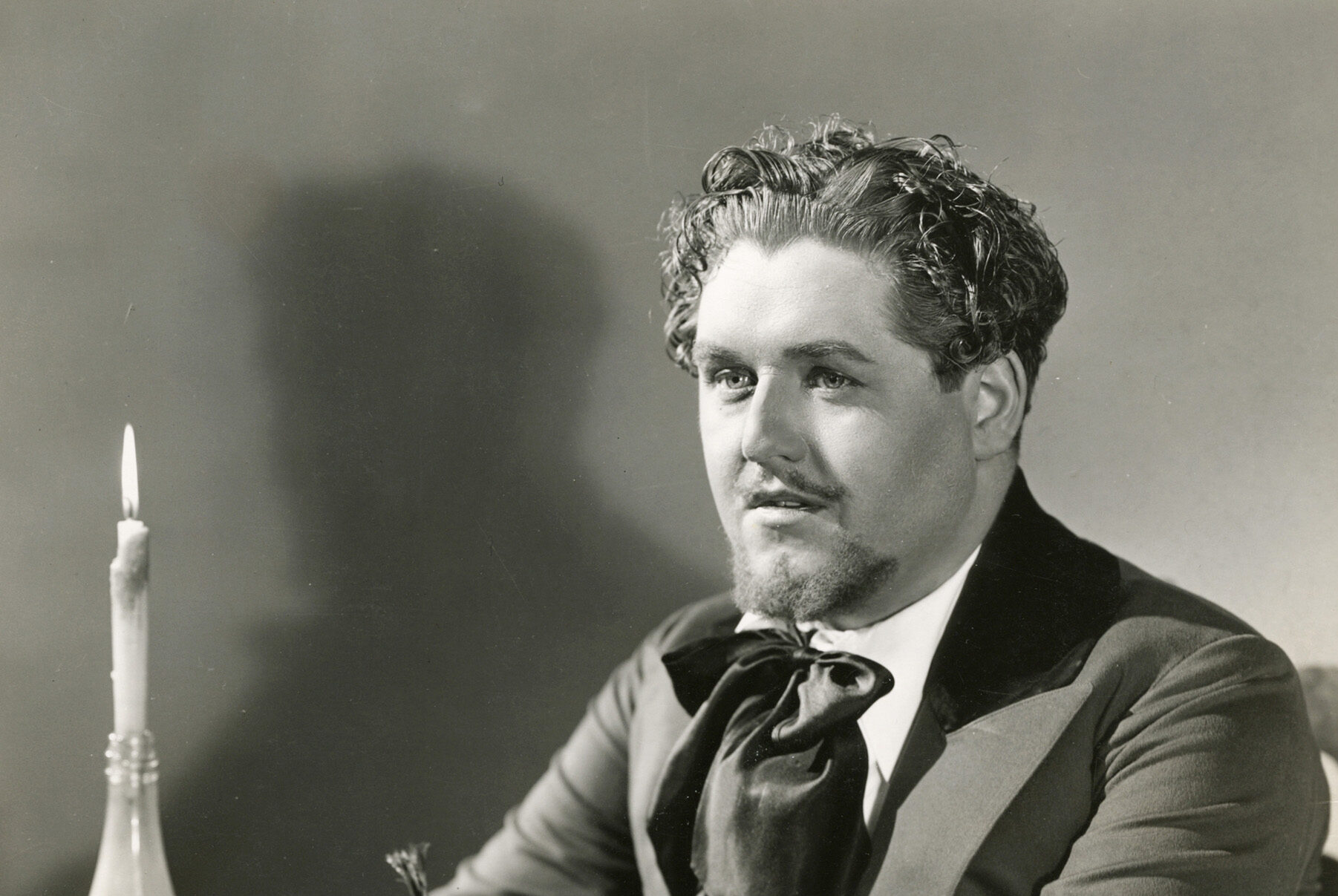
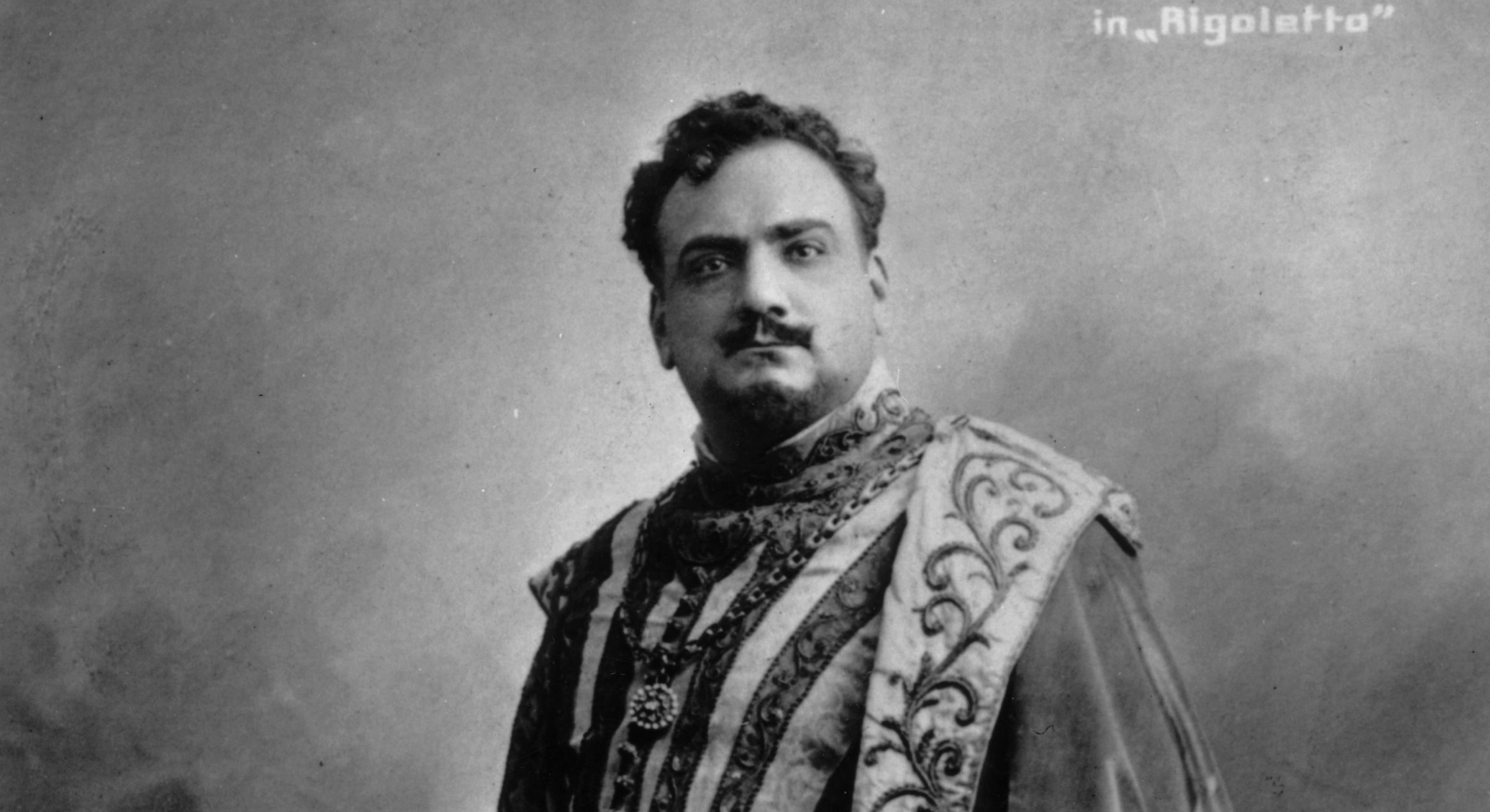
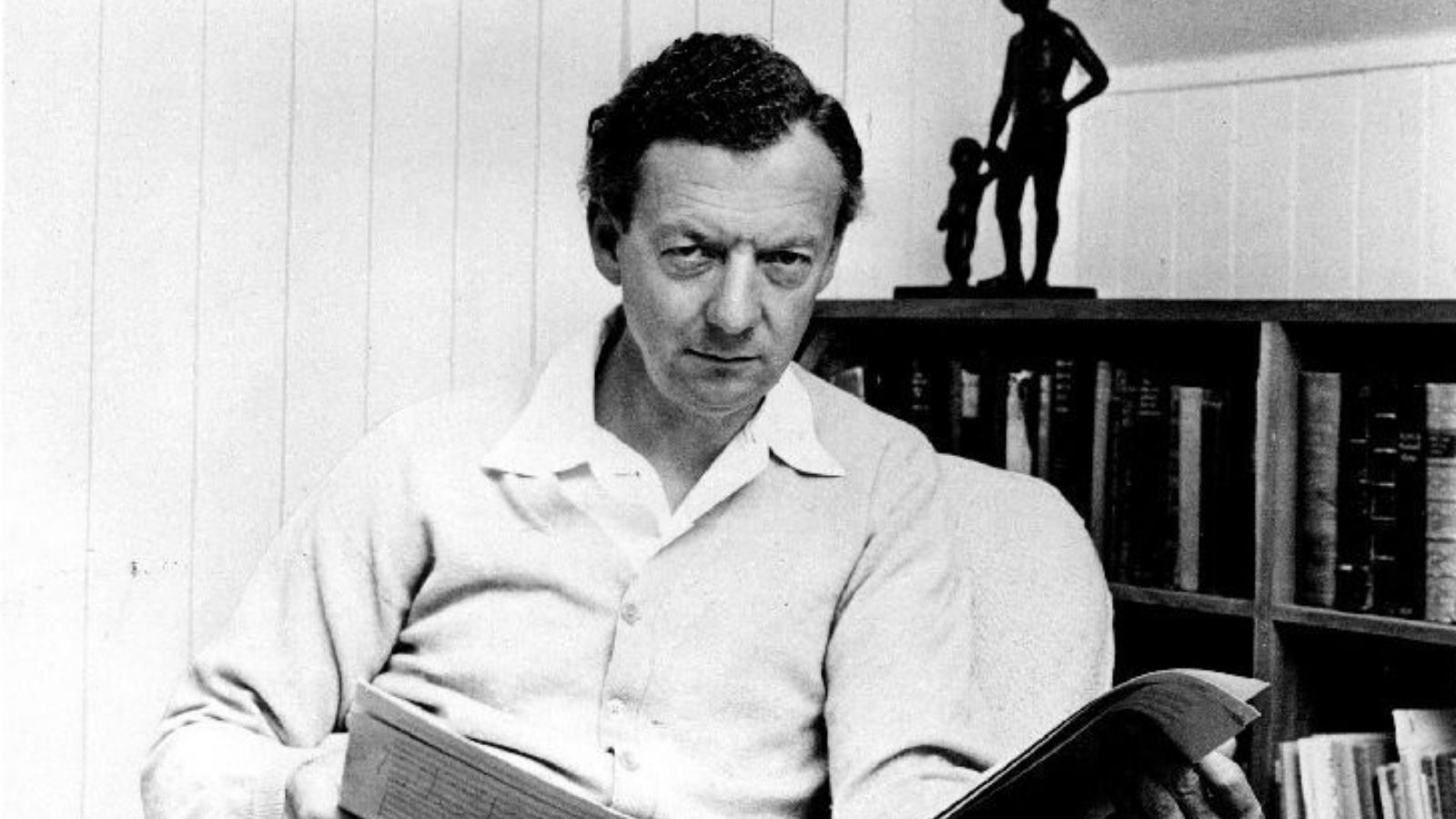

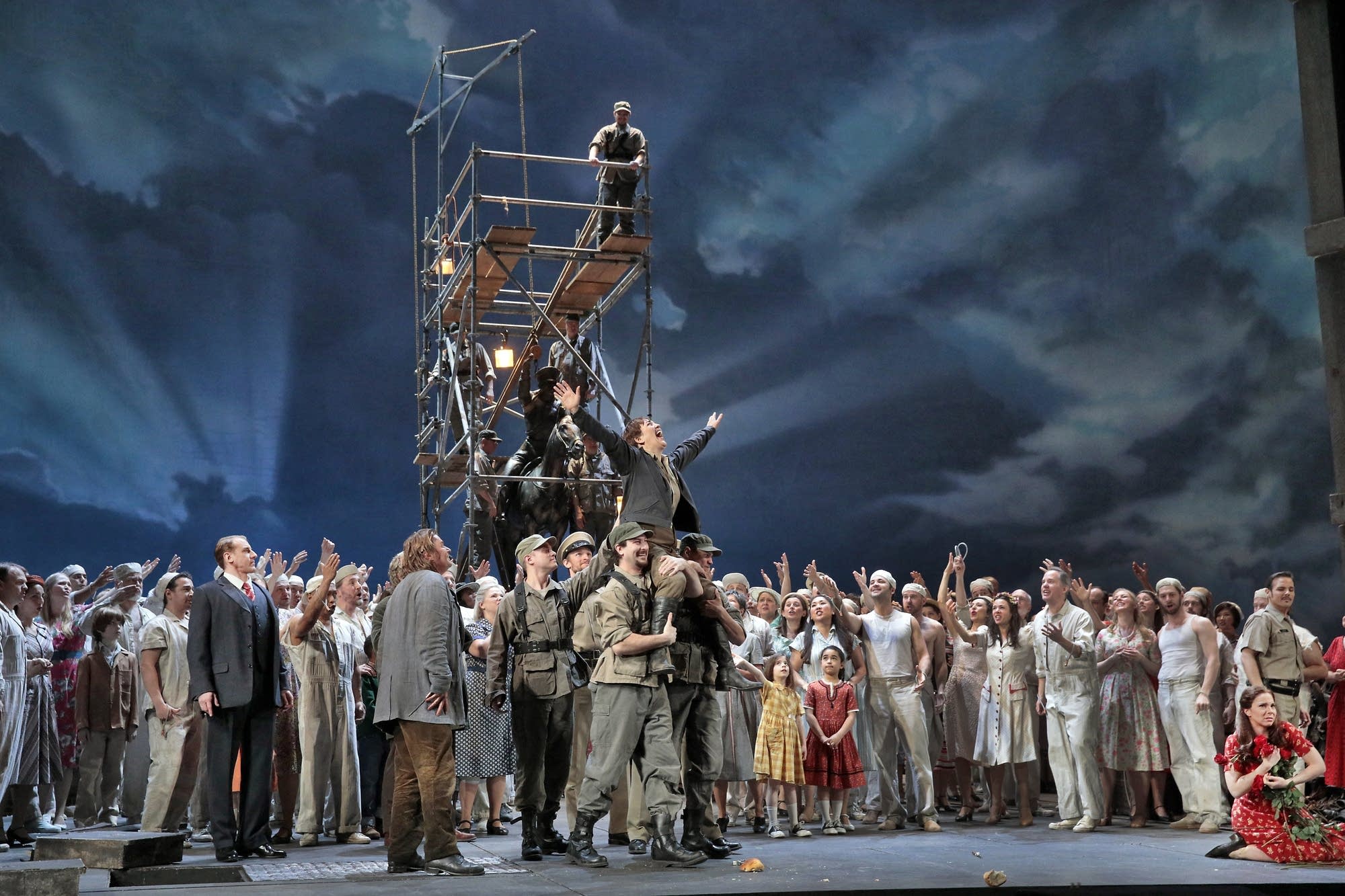
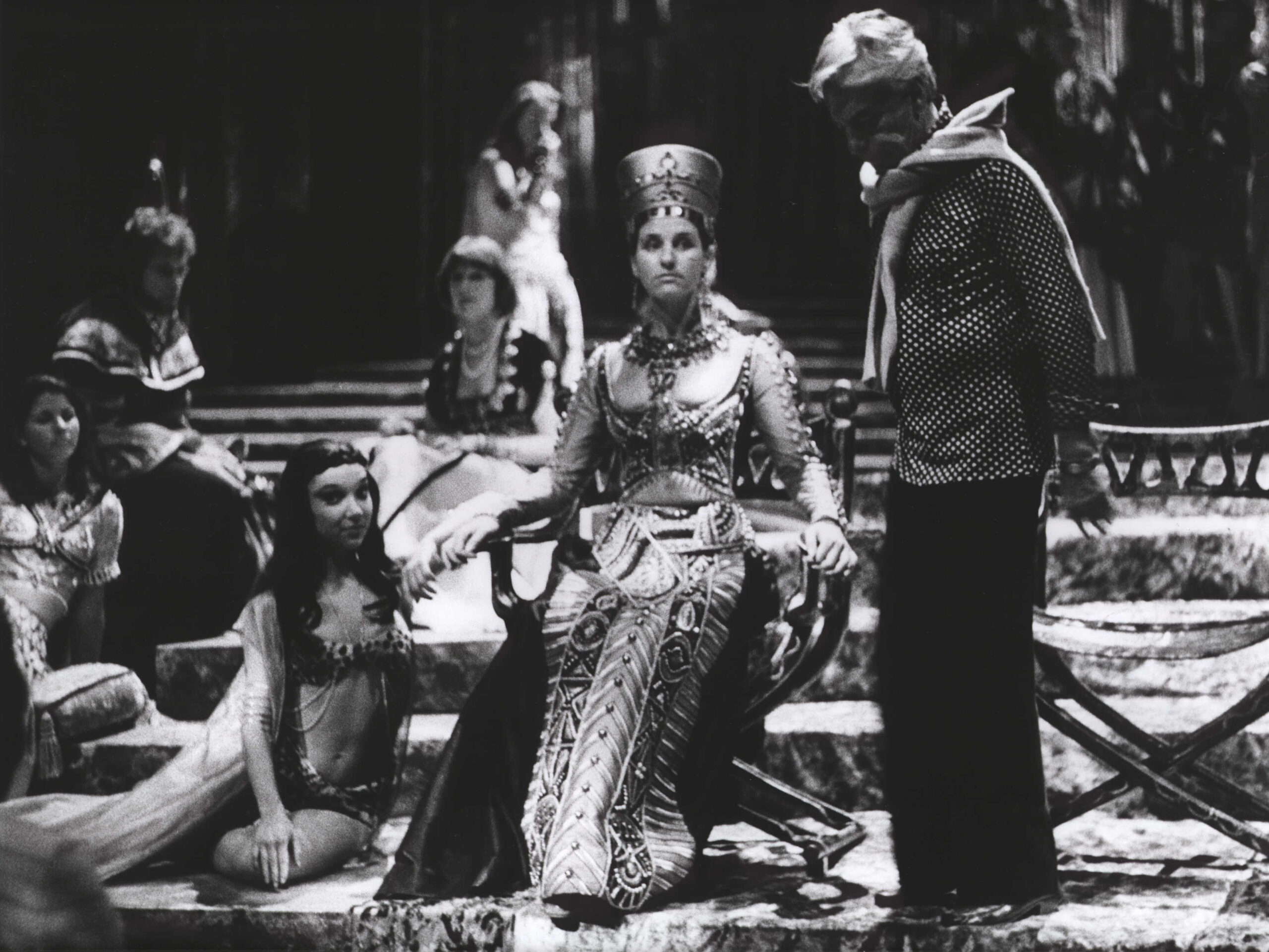
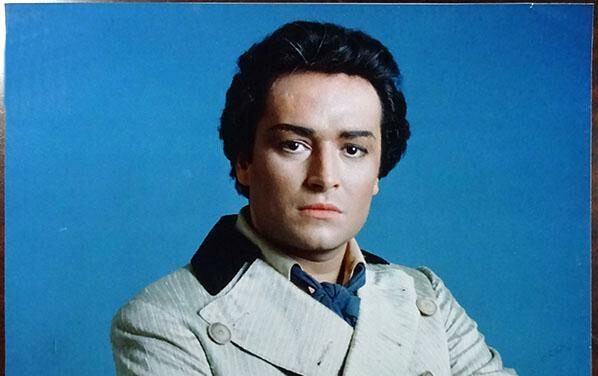
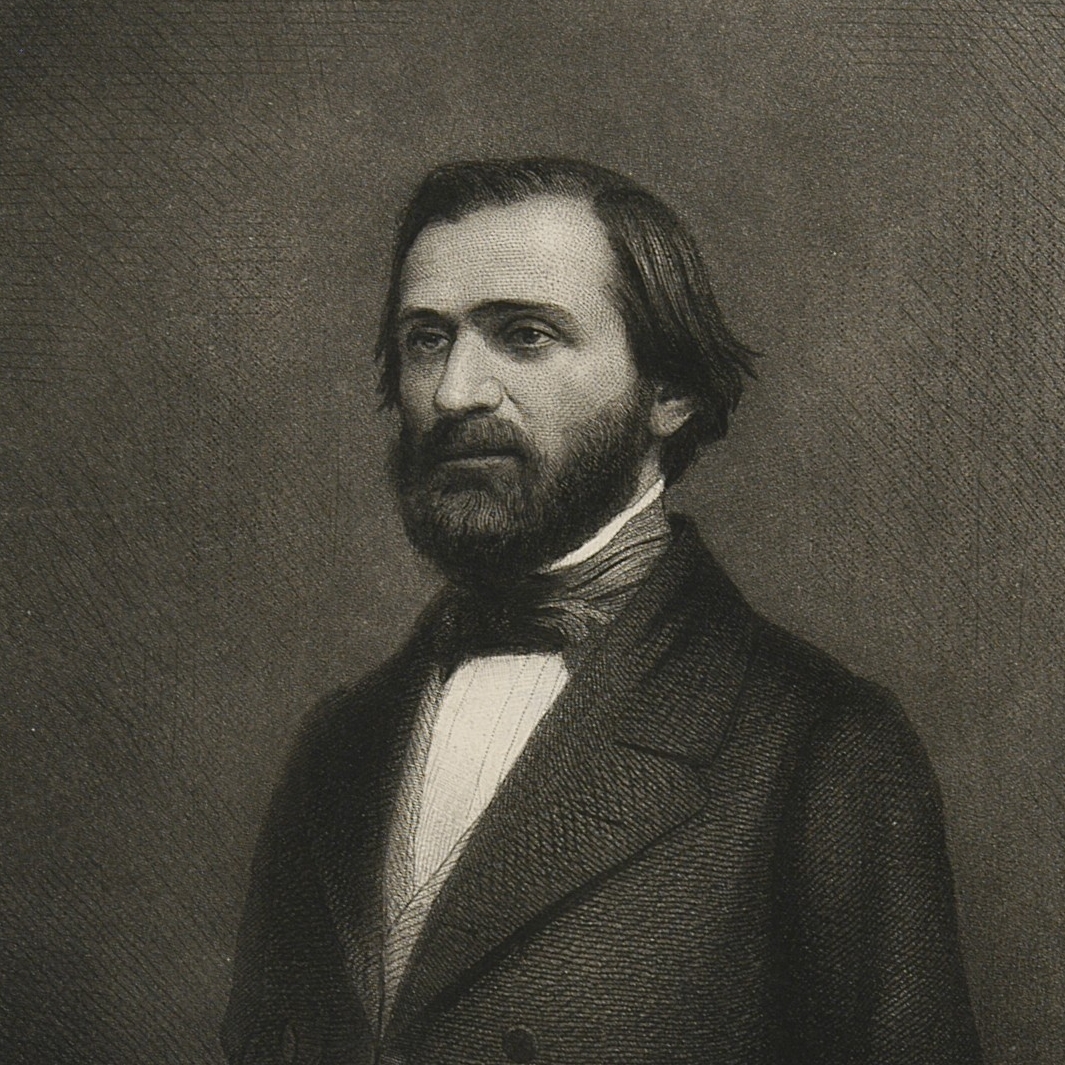
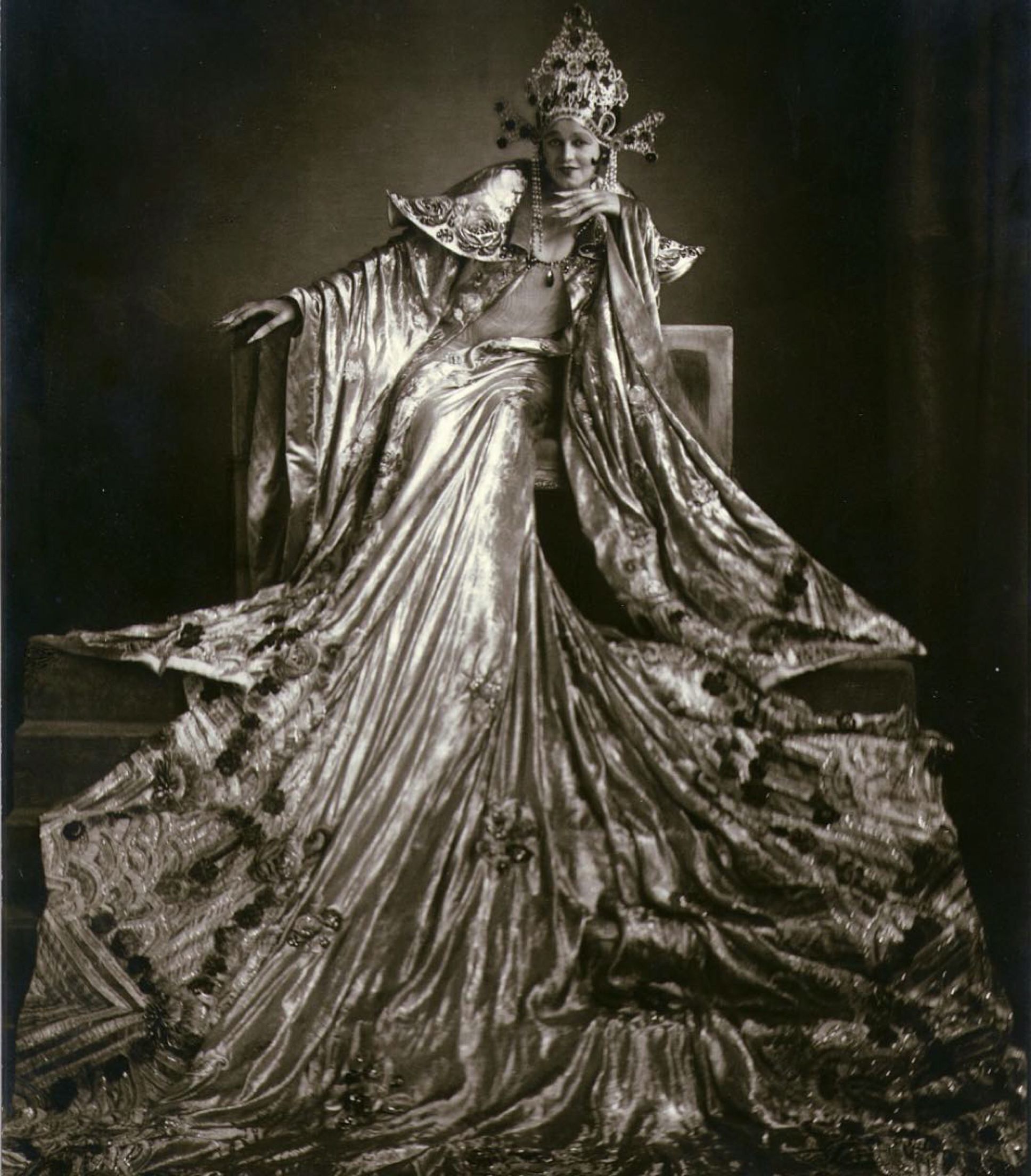
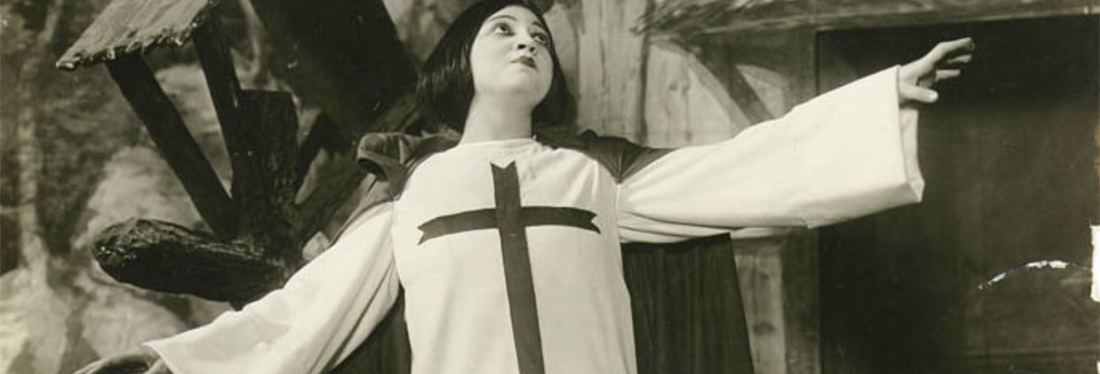
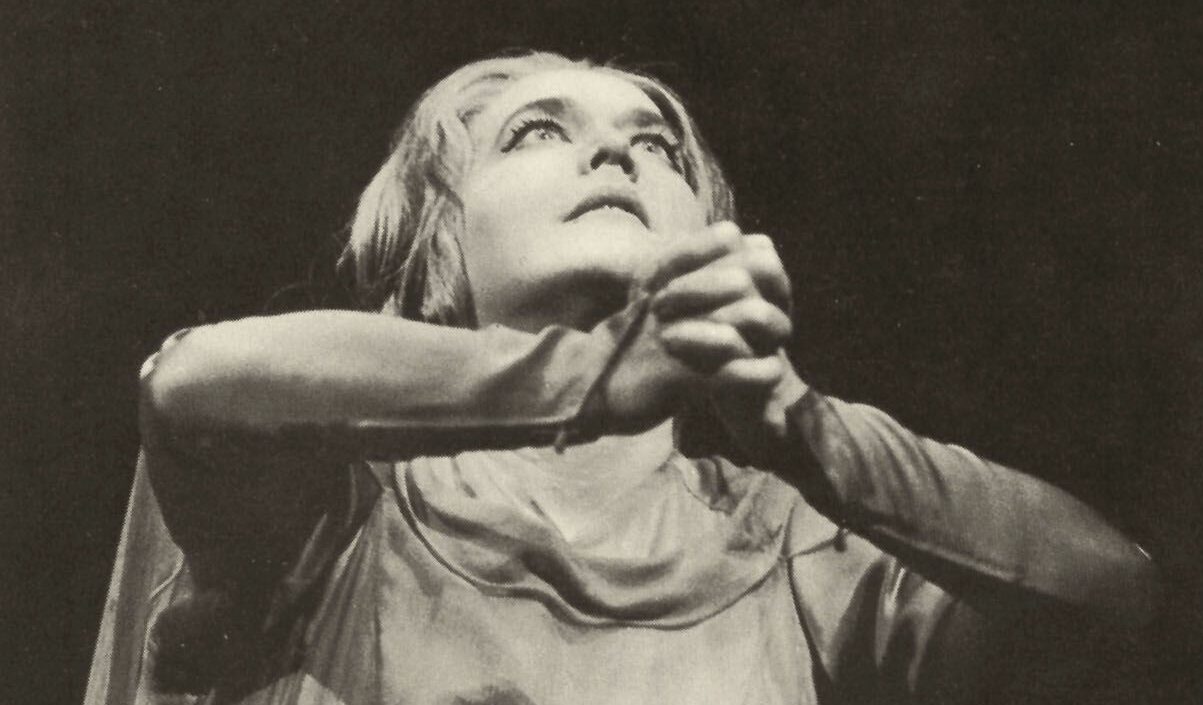
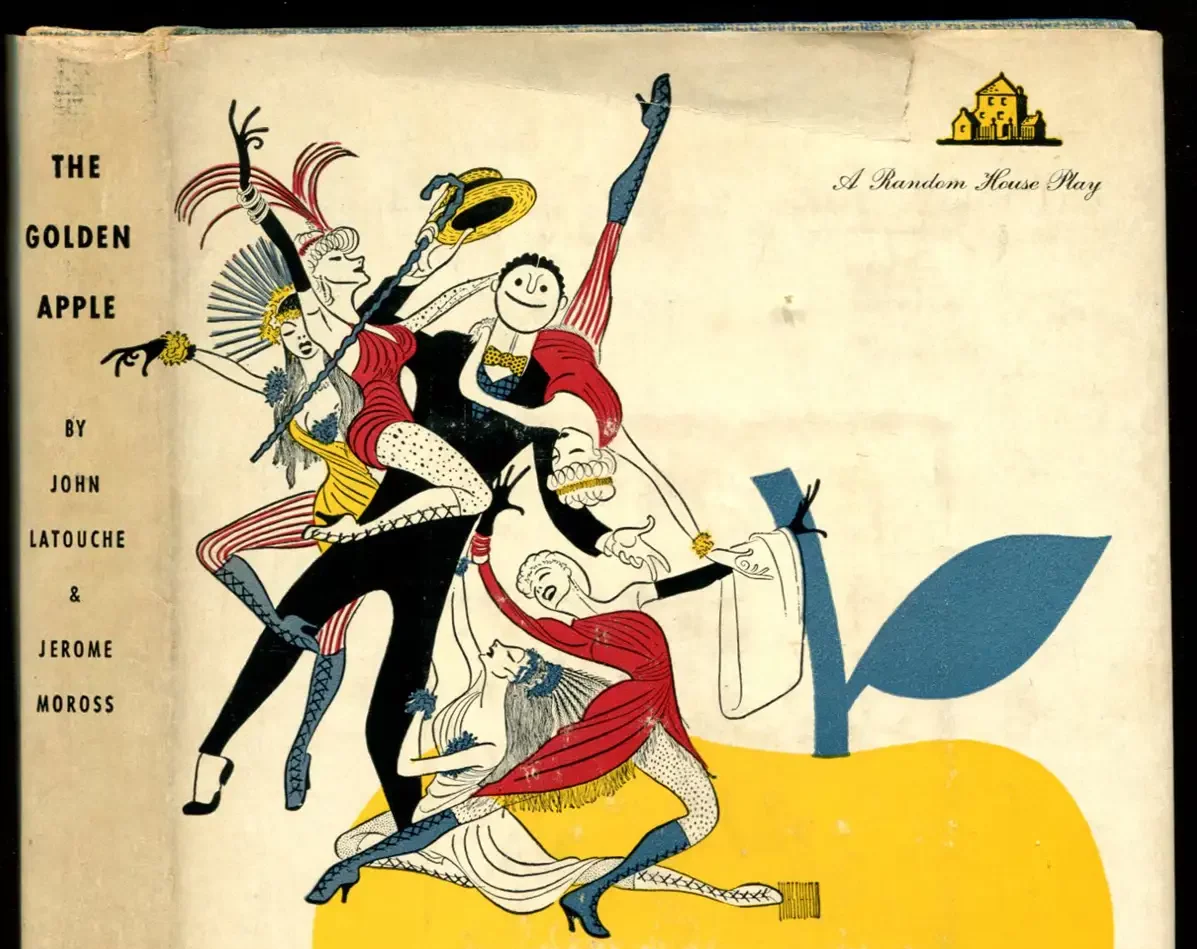
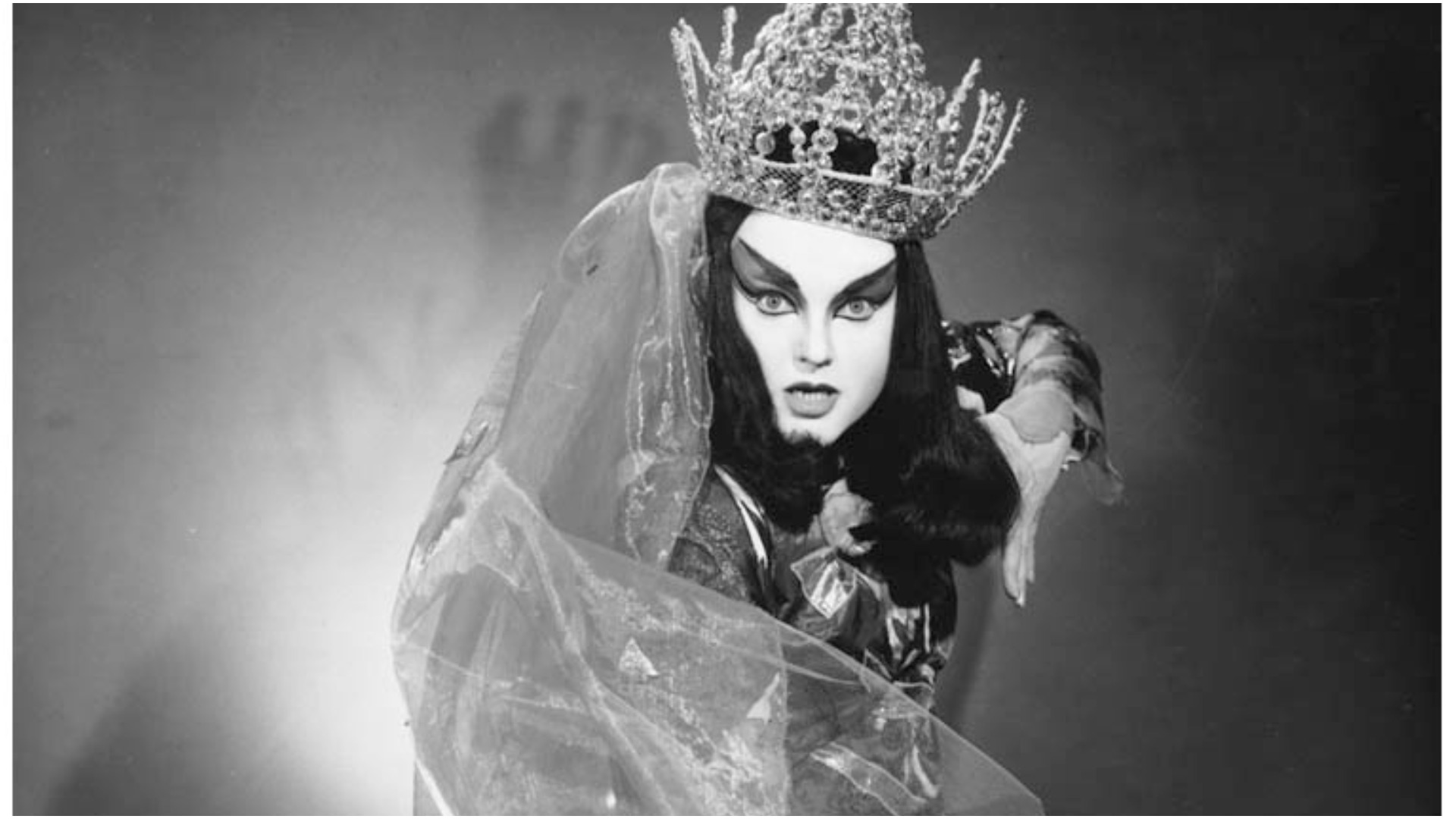
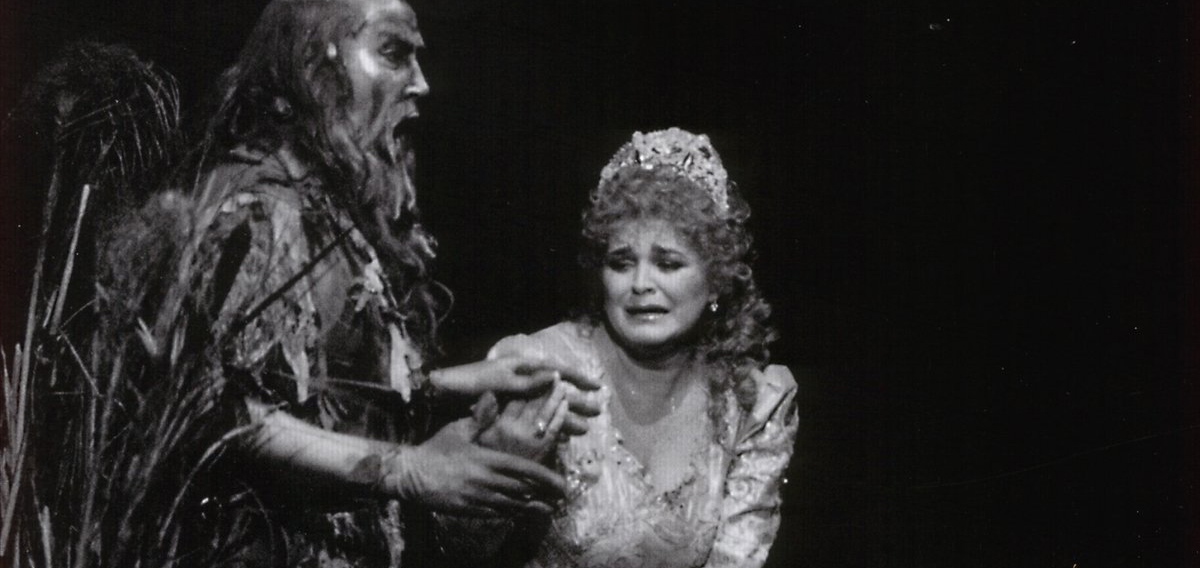

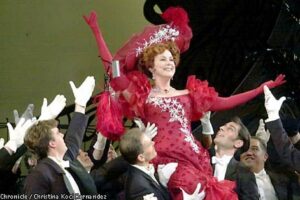
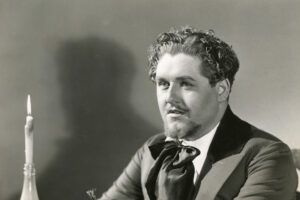



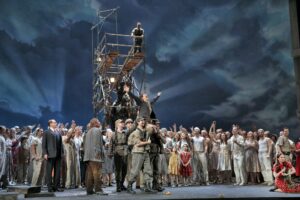
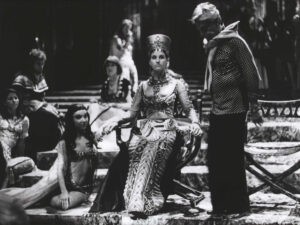




Comments